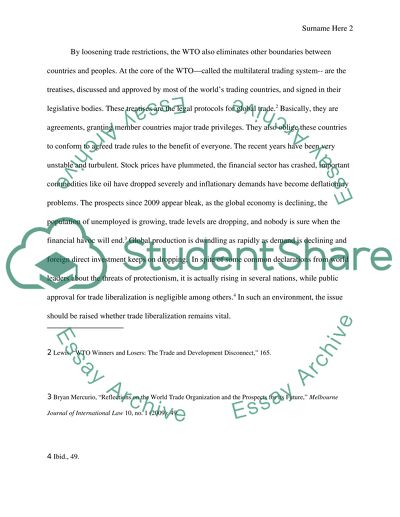Cite this document
(The World Trade Organization and the Global Economy Term Paper, n.d.)
The World Trade Organization and the Global Economy Term Paper. Retrieved from https://studentshare.org/macro-microeconomics/1490508-the-world-trade-organization-is-it-a-positive
The World Trade Organization and the Global Economy Term Paper. Retrieved from https://studentshare.org/macro-microeconomics/1490508-the-world-trade-organization-is-it-a-positive
(The World Trade Organization and the Global Economy Term Paper)
The World Trade Organization and the Global Economy Term Paper. https://studentshare.org/macro-microeconomics/1490508-the-world-trade-organization-is-it-a-positive.
The World Trade Organization and the Global Economy Term Paper. https://studentshare.org/macro-microeconomics/1490508-the-world-trade-organization-is-it-a-positive.
“The World Trade Organization and the Global Economy Term Paper”, n.d. https://studentshare.org/macro-microeconomics/1490508-the-world-trade-organization-is-it-a-positive.


